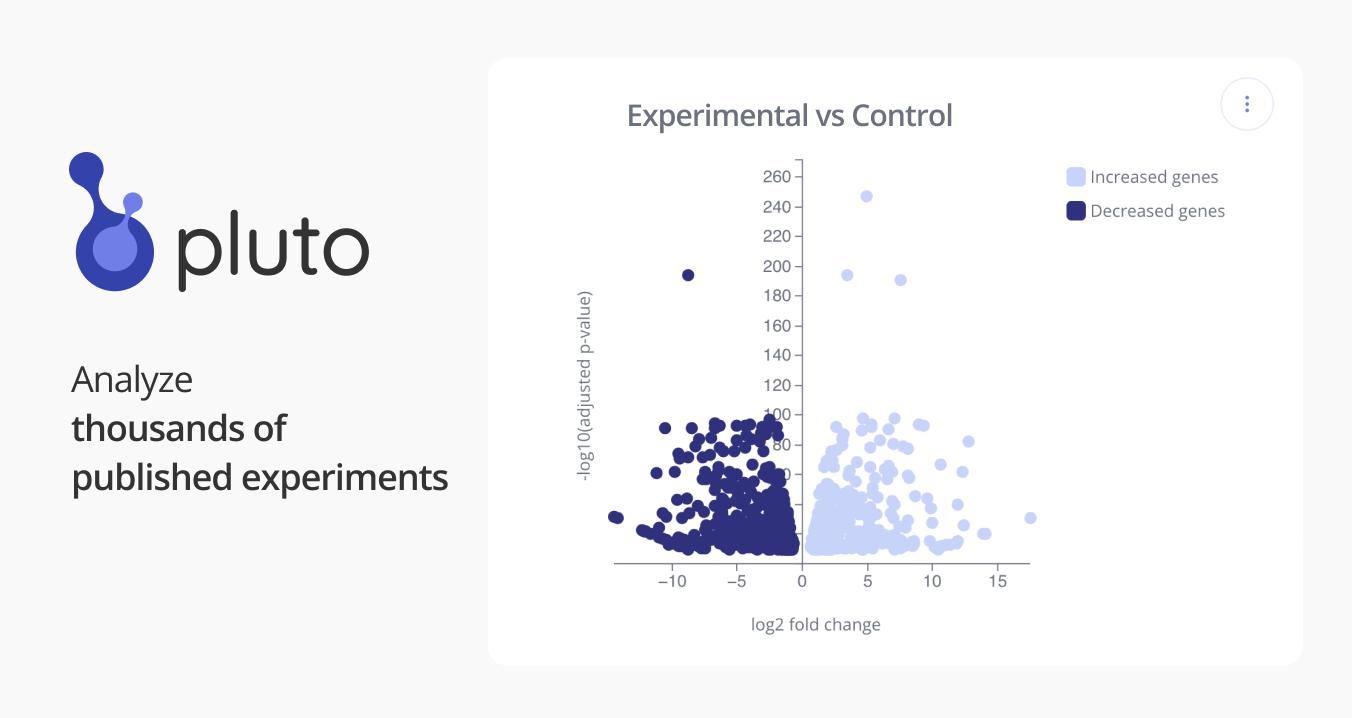Pluto Bioinformatics
GSE142686: Early precursor T cells establish and propagate T cell exhaustion in chronic infection [RNA-seq]
Bulk RNA sequencing
TCF1+ precursors of exhausted T cells maintain T cell immunity during chronic infection and cancer and mediate the response to immune checkpoint inhibition; however, their developmental requirements are poorly understood. Here, we demonstrate that high antigen load promoted the differentiation of TCF1+ precursor T cells, which acquired hallmarks of T cell exhaustion such as impaired production of IFN within the first days after infection. Transcriptional profiling revealed that exhaustion was established first in precursor T cells while early effector cells retained a polyfunctional profile. Early precursor T cells exposed to high amounts of antigen showed epigenetic imprinting of T cell receptor-dependent transcription factor binding, were dependent on BACH2 and restricted to the generation of T cells displaying features of exhaustion. Overall, we demonstrate that T cell exhaustion manifests first in TCF1+ precursor T cells and is propagated subsequently to the pool of antigen-specific T cells. SOURCE: Wei Shi (shi@wehi.edu.au) - SHI Lab Walter and Eliza Hall Institute of Medical Research
